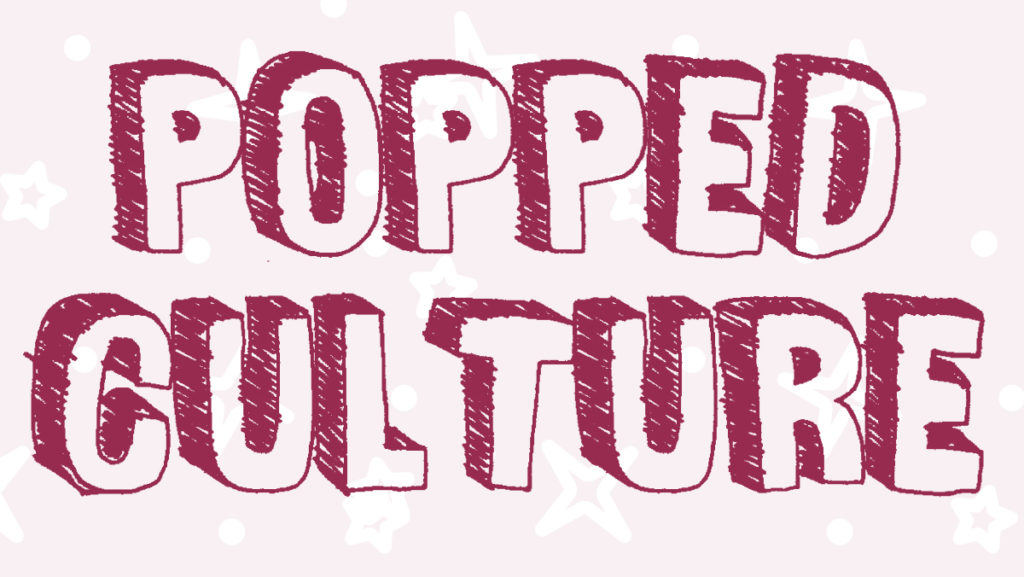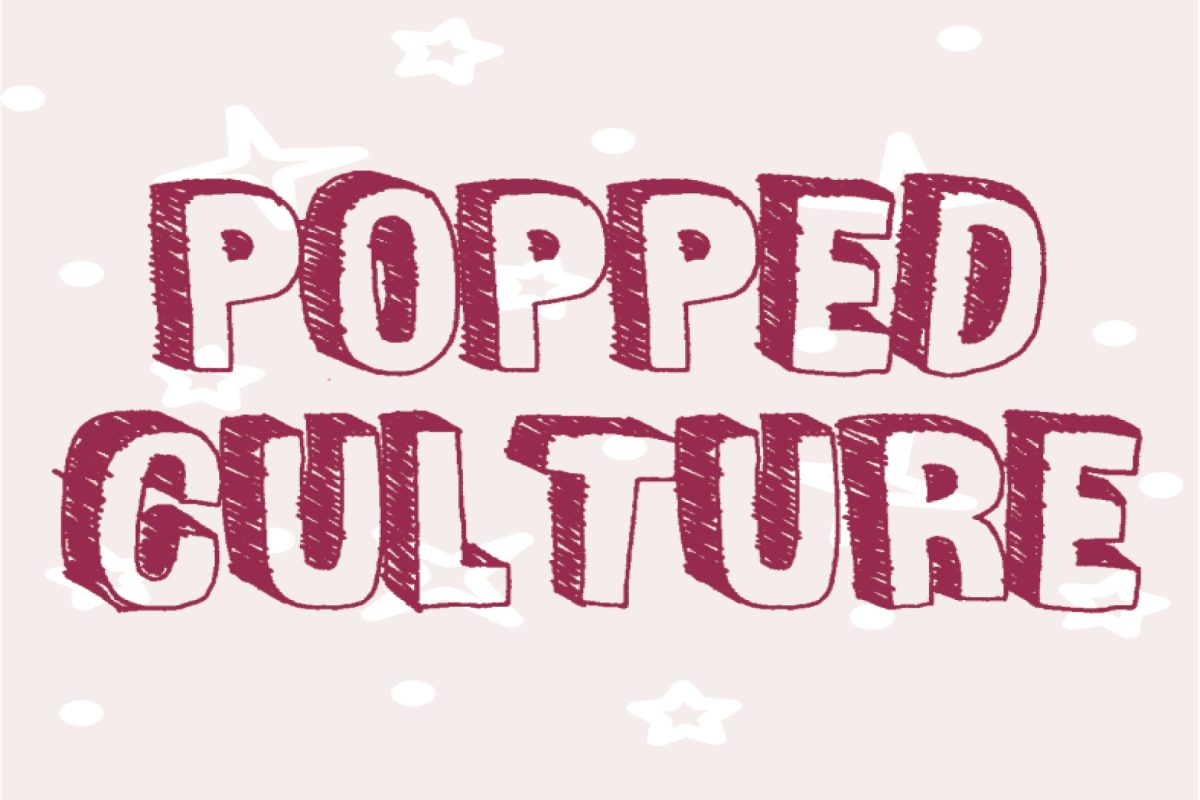I spent a lot of time as a kid reading my dad’s old X-Men comics. I can’t count how many times I’ve rewatched the early-2000s animated series “X-Men: Evolution.” And when I was in the throes of my Japanese comic phase, I tracked down two X-Men manga, one about my favorite X-Man, Kitty Pryde, and the other about my second favorite, Wolverine.
Eventually, these characters grew to become more than just sources of entertainment. I aspired to be like them, and I learned from them every day. I think what drew me to the X-Men was the narrative of feeling othered from the rest of the world. The mutants were discriminated against, treated poorly and perceived as dangerous just for being born different. As a little brown kid who was bullied for being different, I often felt like an outcast too. Having a franchise that dealt with that subject matter so openly was powerful.
Unfortunately, we X-Men fans haven’t always been provided with the best content. Liking movies is subjective, but when you look at the overall reception of some of these movies, it becomes clear that the X-Men Cinematic Universe has struggled.
The film franchise started off strong in 2000 with “X-Men,” which was widely enjoyed by audiences and critics alike. It was followed by the similarly popular “X2.” Then, the films faltered. We got the audience-splitting and critically panned “X-Men: The Last Stand.” Then, “X-Men Origins: Wolverine” made so many questionable choices that Deadpool (Ryan Reynolds) went back in time at the end of “Deadpool 2” to virtually render the entire film obsolete.
Next was a string of well-received offerings — “X-Men: First Class,” “The Wolverine,” “X-Men: Days of Future Past” and “Deadpool.” Then, the movie quality started to yo-yo. “X-Men: Apocalypse” wasn’t great, “Logan” was spectacular, as was “Deadpool 2.” Then came the disappointing “Dark Phoenix,” followed by the widely disliked “The New Mutants.”
The best X-Men movies lean into a grittier atmosphere. That’s why movies like “Logan” work so well, because the X-Men franchise feels inherently dark at its core. After all, one of its main, recurring themes is genocide against mutants. While other films like “Dark Phoenix” attempted to lean into the grittiness, the confusing timeline caused by endless retcons and recasting made those movies very hard to enjoy. That’s another reason why movies like “Deadpool” and “Logan” work — they stand perfectly well on their own.
I always hope for the best, but at this point, I’ve learned to expect disappointment. Writers have intentionally left out sort of important backstory points like Quicksilver (Evan Peters) being Magneto’s (Michael Fassbender) son. In short, the movies have historically deviated from the stories that made me fall in love with the X-Men in the first place.
Now, after Disney’s acquisition of 21st Century Fox, the X-Men are in the hands of the Marvel Cinematic Universe (MCU), and it’s likely that these superheroes will end up involved with each other. The MCU rarely produces an overwhelmingly disappointing movie, and I’d put money on trying to rectify some of the disappointment of previous X-Men films.
I have a hunch that this might not be as great for X-Men as fans would hope. Some of the best content we’ve received from Fox has been the R-rated offerings like the “Deadpool” movies and “Logan.”
I can’t help wondering what Disney, a mostly family-friendly company, would do to those violent, adult franchises when shoe-horning the X-Men into the MCU. There is a chance that we could lose the aspects that fans actually like and that everything would just be half-heartedly rebooted to fit Disney’s family-friendly marketing. Additionally, trying to tie the X-Men into a universe where they previously never existed before — and were never supposed to exist in — will only further obscure the storylines that fans have already lost. For one, how would the MCU justify introducing a new Quicksilver? It wouldn’t be able to, not without making things confusing and convoluted.
However, there is hope. The MCU has been playing with the idea of multiple realities, as seen with the Disney+ original series’ “Loki” and “What If…?” Also, the upcoming “Spider-Man: No Way Home,” a film that will include dimension-hopping hijinx, will see previous Spider-Man franchises clashing with the MCU. The only way I can see X-Men working is if the MCU were to introduce them in their own timeline, untouched by the rest of the franchise, free to tell their stories and unmarred by pre-established boundaries.





